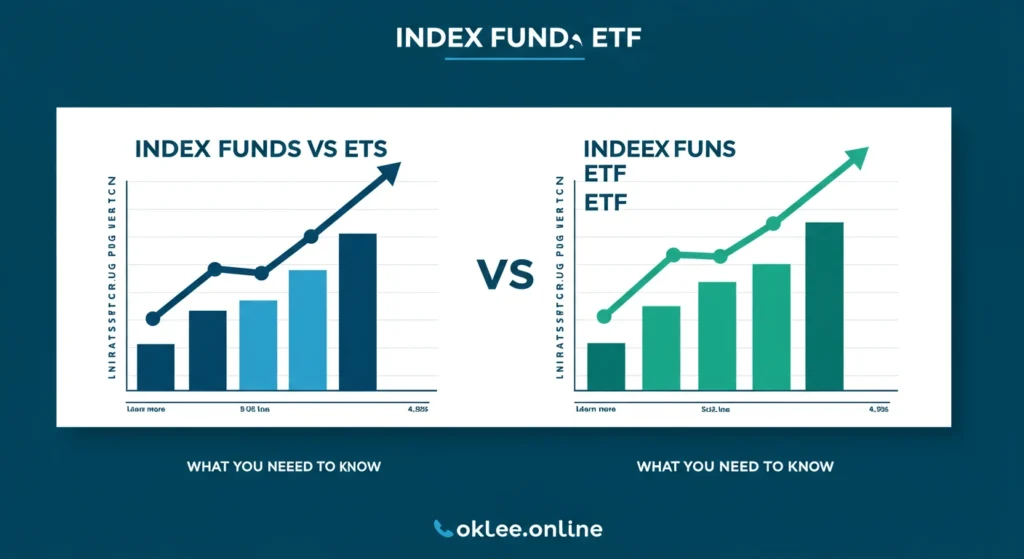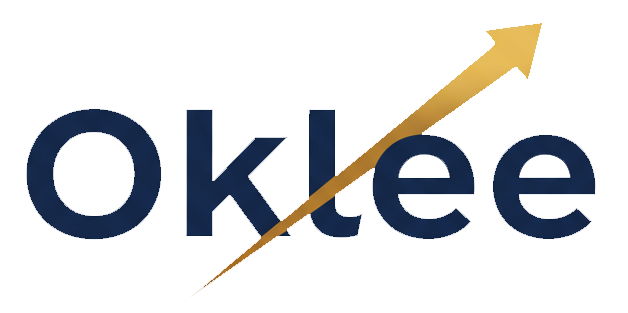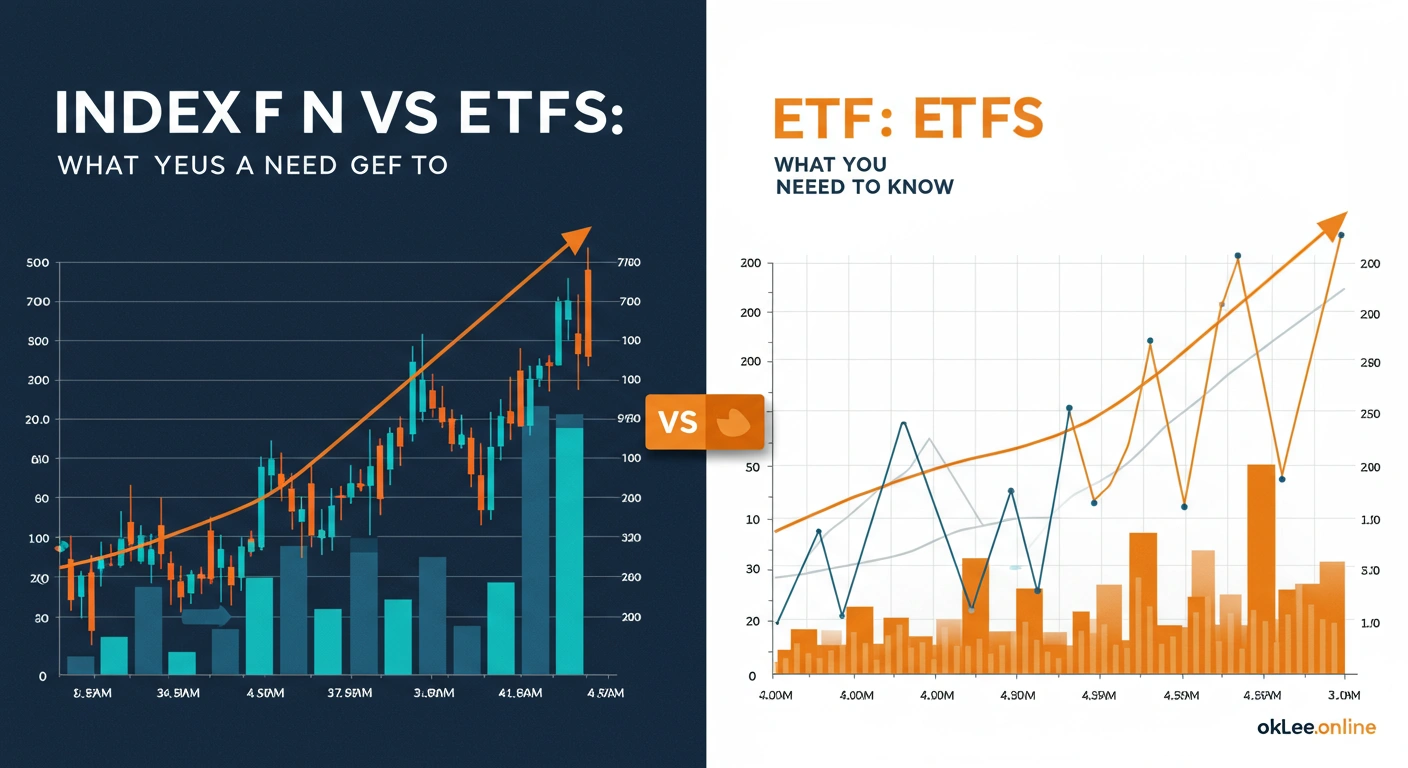If you’re trying to build a smart, low-cost investment portfolio, you’ve probably come across index funds and ETFs (Exchange-Traded Funds). They seem similar—and in many ways they are—but there are key differences that matter depending on how you invest.
This guide breaks it down in simple terms: how each works, what sets them apart, and which is better for your strategy.
Let’s get into it.
What Are Index Funds?
An index fund is a type of mutual fund designed to track a specific market index, like the S&P 500 or the Nasdaq-100.
When you buy an index fund, you’re buying a slice of all the companies in that index—automatically diversified, low-cost, and passive.
Key features:
- Bought and sold once per day (not in real-time)
- Minimum investment often required (e.g., $500 or more)
- Managed by mutual fund companies like Vanguard, Fidelity, Schwab
- Great for long-term, hands-off investing
What Are ETFs?
An ETF (Exchange-Traded Fund) is similar to an index fund, but it trades like a stock. You can buy and sell it any time the market is open.
ETFs also track an index, sector, or group of assets. They’re flexible, cheap, and ideal for both beginners and active investors.
Key features:
- Bought and sold in real-time (like a stock)
- Can be purchased with any amount (even $10 with fractional shares)
- Lower or no minimums
- Offered by providers like iShares, SPDR, and Vanguard
What’s the Main Difference?
| Feature | Index Funds | ETFs |
|---|---|---|
| How it trades | Once per day (end-of-day NAV) | Throughout the day |
| Minimum investment | Often $250–$3,000 | As low as $1 (via fractional shares) |
| Fees | Low, but can be higher than ETFs | Typically lower than index funds |
| Tax efficiency | Less efficient | More efficient (real-time trading, in-kind redemptions) |
| Flexibility | Hands-off | More control (can set limit orders, etc.) |
Pros and Cons of Index Funds
✅ Pros:
- Easy to set and forget
- Great for long-term passive investors
- Often available through retirement accounts (401(k), IRA)
- Reinvests dividends automatically
❌ Cons:
- No real-time trading
- Higher minimums
- Less tax-efficient (more capital gains distributions)
Pros and Cons of ETFs
✅ Pros:
- Real-time trading flexibility
- Low or no investment minimums
- Lower expense ratios
- More tax-efficient
❌ Cons:
- May encourage frequent trading
- Requires a brokerage account
- Prices fluctuate during the day
Which One Should You Choose?
It depends on your goals and how you like to manage your money.
Choose Index Funds if:
- You prefer hands-off investing
- You’re using a 401(k) or IRA that offers index funds
- You don’t care about real-time pricing
- You want simple, long-term growth
Choose ETFs if:
- You want more flexibility
- You’re starting with a small amount
- You’re building a DIY portfolio in a brokerage account
- You want to reduce taxes and fees
How to Buy Index Funds or ETFs
For Index Funds:
- Use platforms like Vanguard, Fidelity, or Schwab
- Select a fund (e.g., Vanguard 500 Index Fund – VFIAX)
- Set your investment amount
- Set to auto-invest monthly for best results
For ETFs:
- Open a brokerage account (e.g., Robinhood, E*TRADE, Public)
- Search for an ETF symbol (e.g., SPY for S&P 500)
- Buy any amount, even fractional shares
- You can also automate ETF buys with recurring transfers
Keyword tie-in: index funds, ETFs, investment comparison
Examples of Popular Index Funds
| Fund | Index Tracked | Expense Ratio |
|---|---|---|
| Vanguard 500 Index Fund (VFIAX) | S&P 500 | 0.04% |
| Fidelity ZERO Total Market (FZROX) | Total US Market | 0.00% |
| Schwab S&P 500 Index Fund (SWPPX) | S&P 500 | 0.02% |
Examples of Popular ETFs
| ETF | Index Tracked | Expense Ratio |
|---|---|---|
| SPDR S&P 500 ETF (SPY) | S&P 500 | 0.09% |
| Vanguard Total Stock Market ETF (VTI) | Total US Market | 0.03% |
| iShares Core MSCI EAFE ETF (IEFA) | Developed markets ex-US | 0.07% |

Final Thoughts
Index funds and ETFs are both powerful, low-cost ways to grow your money over time. The main difference is how you access and use them.
- If you want a simple, long-term investment—index funds might be your pick.
- If you want flexibility, control, and tax-efficiency—ETFs are likely the better option.
No matter which you choose, staying consistent and investing regularly will matter more than the specific product you use.
Want more easy investing guides like this?
Subscribe to oklee.online for honest breakdowns of ETFs, index funds, and real-world investing strategies without the jargon.



